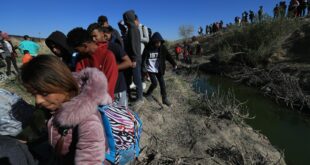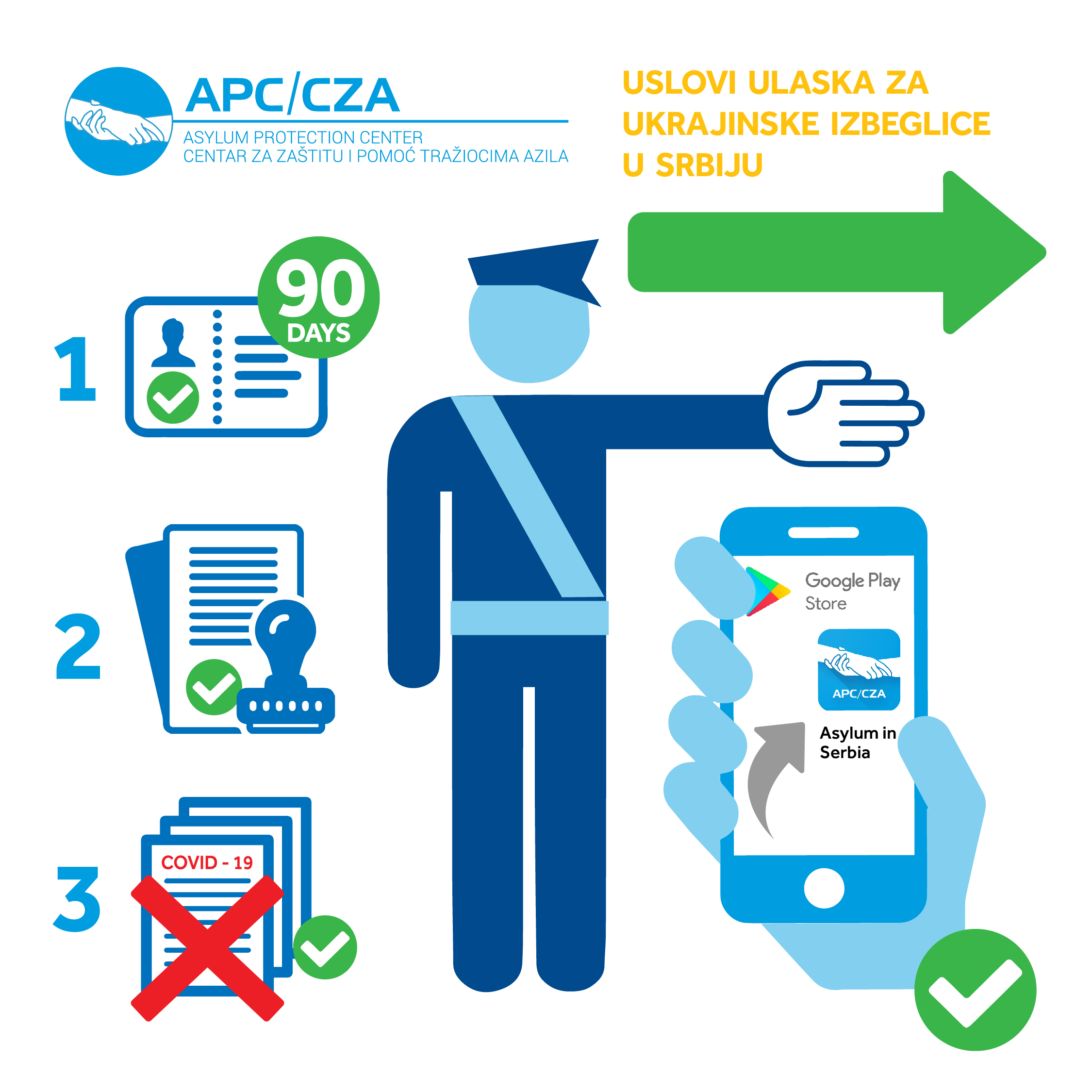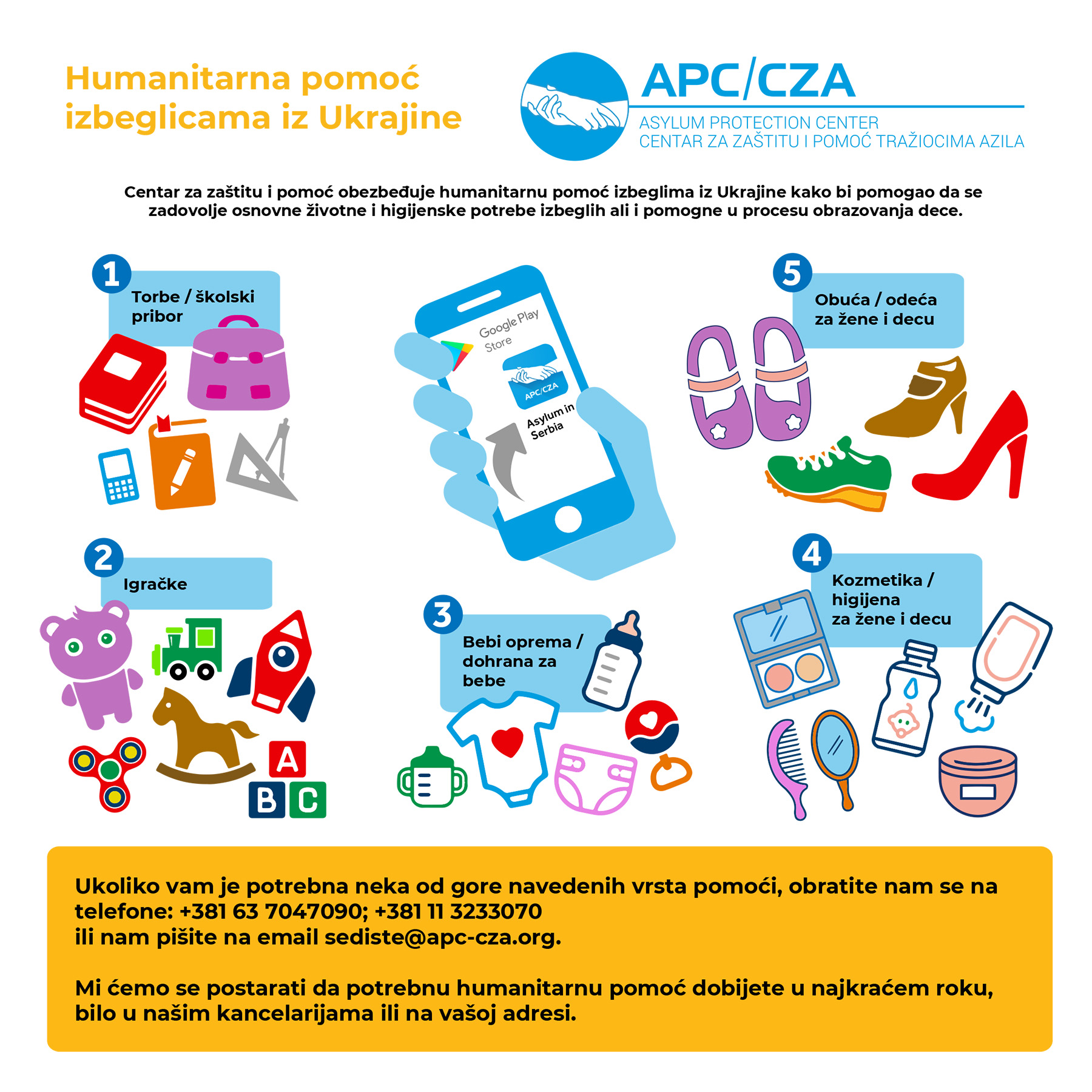Izmir, 13.02.2016. – Refugees continue to come in large numbers in the EU. Many come through Turkey from where traffickers are sending them on wards to Europe .
In the Basmane market, people are turning to smugglers themselves and declaring all the details of a boat driving for Greece. “$ 650,” says one young man in Arabic with a strong Syrian accent. So the boat to the EU costs 585 euros. “The boat goes to Lesbos tonight, there will be no more than 35 people, and the carrier speaks four languages.”
“At first I’ll take you to a house,” continues the smuggler. “There you a car will pick you up and take you to the boat. The ride lasts for an hour.” The boat surely reaches the shore – if not, you will get the money back. ” And then he adds, “Take my phone number, call me if you have any questions. I’ll be here for another two hours.” It seems that it does not even take my big camera at all – or it just does not matter. When he finished with me, he goes to a group of young people with backpacks and tells them the same thing as me. After a brief conversation, take them to the coffee in which the business is likely to be done. The other smugglers sit in a park on the other side of the street and negotiate with families who carry all their belongings in plastic bags.
Escape from the war
Izmir is still selling orange vests, the only thing that is no longer in front of the store. And this, like the smuggling of people, is part of everyday business – just a bit less visible than it is to date.
German Chancellor Angela Merkel visited Turkey on Monday (8.2) to discuss refugees arriving in the EU through the country. The number of refugees does not decrease even in these difficult winter conditions.
In spite of the increasing pressure from Brussels and the Turkish police, only over the past month, more than 68,000 people started moving towards the Union – last year there were 5,000 in the same period. “Europe can give Turkey the money, but this will not stop here,” said Nedzep Uz, the owner of a small hotel in the town of Esme near Izmir, from where the refugees are heading towards the city of Hios. “These people flee before the war, and will continue to be as long as the wars do not end,” Uz said, adding a finger raised: “Remember my words when you come back in two years and nothing has changed.”
“I’m not doing anything bad”
When the refugees pay smugglers for transport, they are taken to the north, near the city of Ajvalika, from where the crews for Lesbos. The others are being shipped, where hundreds of people are waiting for better weather conditions to cross to Hios.
If the sea is restless, the hotel is full of guests. He charges $ 10 per person or $ 60 per family, but says he often let people sleep for free. “What should I do? Let a mother with three children sleep outside?” Along with the news that the Turkish police know him, has repeatedly been arrested and threatened to close the hotel if it continues to provide for the transfer to the people who are going to Greece.
“If they send me to jail, they will send me,” says this hotel owner and adds, “But I know that I’m not doing anything wrong. People who smuggled people are those who take refugees there … Police say they’re big cartels, but These are groups of people, not big mafia.
Just not in the homeland
25-year-old Iranian Ali earns a living and is already living in Uzs hotel for two days. He once paid $ 1,000 for a spot on a rubber boat and a shade to change the wind in order to travel to Europe. He bought false Afghan documents for $ 100 to cross the border in the Balkans, where only refugees from the war zones cross.
When asked why he left Iran, Ali raised his shirt and showed the scars of hundreds of blows he received as a punishment because he drank alcohol. “I want to go to Germany or Denmark, or even to jail in Europe. Everywhere, just not in Iran.”
Before the police last month cleared the area, the refugees who wanted for the Hios apartments were in a deserted apartment complex, in the “German Holiday Village”. Now they have to pay for accommodation, and humanitarian workers from one local organization supply them with food, clothes and sometimes medical help.
But Jalvali, director of the humanitarian organization, says his activists are trying to deter people from a dangerous road to Greece. “It’s hard to convince them that it’s better to stay here,” he says. “But it’s not enough to just stay. The problem is finding a job and creating a life in Turkey. What should they do here?”
We return to Basmane Square in Izmir. A group of women and children sits next to the street, surrounded by bags. A police car was parked across the road. The police are watching three vehicles that stand and pile people together with their luggage. In a coffee shop, two men speak Arabic.
“When are we leaving tonight”, asks one
“At one,” says the other one
“How many of them do we have?”
“Four”
·
 AzilSrbija AzilSrbija
AzilSrbija AzilSrbija




